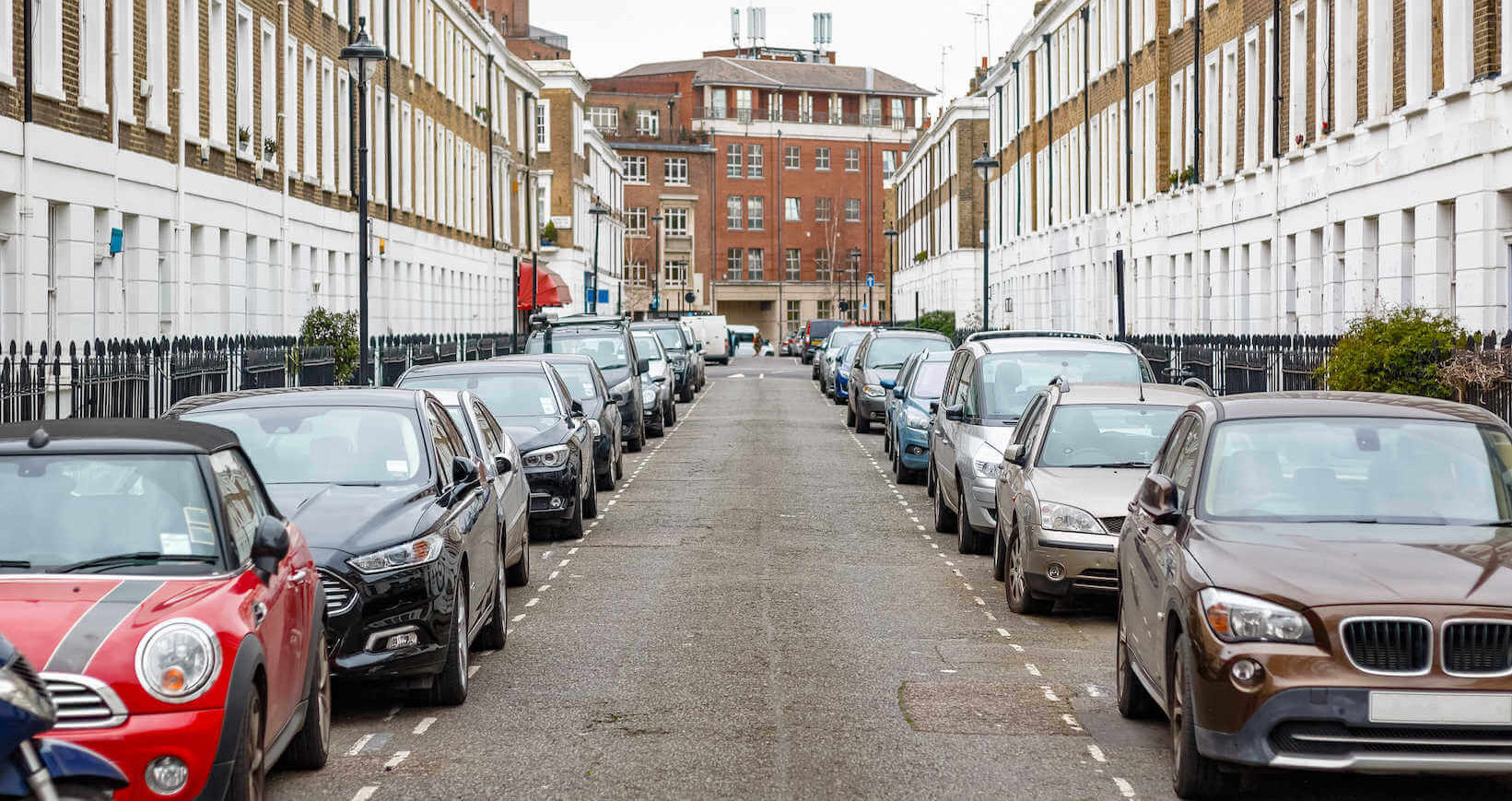They’ve been billed as a big shakeup for the car insurance industry, but what exactly are the new rules – which came into play in January 2022 – all about?
We’ll take you through the regulations, what they mean for traditional insurers, the impact they’ll have on pricing and why – for us at By Miles – it’s not much to write home (or indeed a blog) about.
What are the new rules?
The General Insurance Pricing Practices (to give them their full name) are an updated set of rules, set out by the Financial Conduct Authority (FCA), that apply to various kinds of insurance. The FCA wants insurers to be clear with their customers and offer them ‘fair value’ (things we’re very much in favour of). How? By changing the way renewals work and ending the so-called ‘loyalty penalty’.
What is the loyalty penalty?
From airlines with their frequent flier miles, to coffee shops with their ‘the-tenth-one-is-free’ loyalty cards (which always go missing after the ninth stamp), businesses of all kinds try to promote loyalty by offering perks. For years, the car insurance industry not only cut against this logic – it went in the complete opposite direction.
Through a tactic called ‘price walking’, traditional car insurers often ramped up costs for customers who stayed with them at renewal, while offering the same cover to newcomers at a much better price – 30% less on average. This is what people mean when they talk about a ‘loyalty penalty’ or a ‘loyalty tax’ in car insurance.
Because of the loyalty penalty, if you wanted the best price for your cover, you absolutely could not depend on your existing insurer to just give it to you. You either had to switch, or call them up and verbally wrestle a competitive price out of them.
Neither of these is much fun to do. Unsurprisingly, people would often forget, or just not get around to it. Their insurance would automatically renew – and that meant getting stung by a painful bump to their premiums.
The Financial Conduct Authority decided to put a stop to all that…
What does this mean for car insurance prices?
The regulations, which came into play in January 2022, ended ‘price walking’. Put simply, insurers are no longer allowed to offer cheaper deals to new customers than they do to existing ones (for equivalent cover, at least).
This means your renewal price will be cheaper than or equivalent to the price you would pay if you were a brand new customer. This has a flip side, though. Before – as long as you could be bothered to go through the hassle of switching insurers – you were all but guaranteed to save (and probably by quite a bit). After all, pricing was always designed to attract new customers. From now on, switching might not be as reliable as a saving tactic.
That’s not to say people won’t be able to find better deals. They will. But there shouldn’t be that harsh divide we saw in the past between people who saved by switching, and those who got stung by staying put.
These changes are a big deal for the industry as a whole. Insurers put a lot of thinking into their pricing, and for many, their existing model has gone right out the window. And it’s not just that they can’t pump-up prices using auto-renewal – they also have to make it easier for customers to avoid auto-renewing in the first place…
What is auto-renewal and how is it changing?
As you probably know, driving without insurance is illegal. To prevent people accidentally making criminals of themselves, car insurance policies will generally auto-renew. Basically, if you don’t tell your insurer otherwise, they’ll sign you up for 12 more months at renewal time. Unfortunately, in the past, insurers were free to whack up premiums while they were at it.
This meant it was in the insurer’s interest for you to auto-renew. For that reason, they would sometimes put unnecessary obstacles in the way of customers opting out – for example, insisting they do so over the phone instead of online. Unsurprisingly, auto-renewal rip offs have been the subject of tonnes of complaints (and compensation awards) over the years.
Now, insurance providers need to be clear about how auto-renewal works and give you a range of quick and easy options for turning it off.
This all sounds big. So why aren’t we bothered?
That one’s easy: we’ve never been ones to punish loyalty. We’ve always endeavoured to offer the same pricing to renewing members as we have to new customers (assuming they have the exact same driving history, type of car, and things like that).
Thankfully, that means we didn’t have to sweat trying to get a new pricing strategy in place – which was nice.
So what does this all mean for you?
As explained above, switching insurers every time renewal comes around may no longer be so good a saving tactic. On the other hand, it’s been predicted that loyal customers will now get a decent annual saving at renewal (£56 a year for those who have been with the same provider for five years). So, another tactic could be to find a provider you’d be happy to stick with.
At By Miles, our policies are pay-per-mile. From day one, we’ve (quite literally) rewarded customers for staying put. If you’re a lower mileage driver interested in taking control of your insurance costs, pay-by-mile might be worth checking out. So, why not get a quote?




